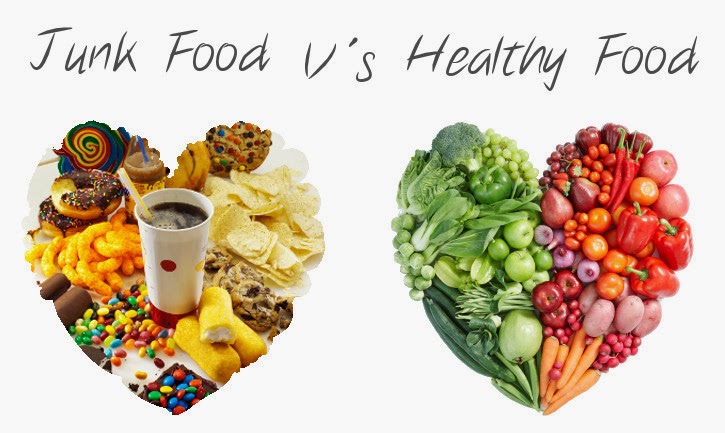#health #food
“Fast food is popular; swinging through the drive-thru or going into your favorite fast-food restaurant happens more often than people admit”— Paul Ebeling
According to the Food Institute’s analysis of data from the Bureau of Labor Statistics, millennials alone spend 45% of their budget’s food dollars on eating out.
In comparison to 40 yrs ago, the average American family now spends 50% their food budget on restaurant food. In Y 1977, just under 38% of family food budgets were spent eating outside the home.
While an occasional night of fast food is good, a habit of eating out could be bad for your health.
Read on to learn the effects of fast food on the human body:
Most fast food, including drinks and sides, are loaded with carbohydrates with little to no fiber.
When your digestive system breaks down these foods, the carbs are released as glucose (sugar) into your bloodstream. As a result, your blood sugar increases.
Your pancreas responds to the surge in glucose by releasing insulin. Insulin transports sugar throughout your body to cells that need it for energy. As your body uses or stores the sugar, your blood sugar returns to normal.
This blood sugar process is highly regulated by your body, and as long as you’re healthy, your organs can properly handle these sugar spikes.
But frequently eating high amounts of carbs can lead to repeated spikes in your blood sugar.
Over time, these insulin spikes may cause the body’s normal insulin response to falter. This increases your risk for insulin resistance, type 2 diabetes, and weight gain.
Many fast-food meals have added sugar. Not only does that mean extra calories, but also little nutrition. The American Heart Association (AHA) suggests only eating 100 to 150 calories of added sugar per day. That’s about 6 to 9 teaspoons.
Many fast-food drinks alone hold well over 12oz. A 12oz can of soda contains 8 teaspoons of sugar. That equals 140 calories, 39 grams of sugar, and nothing else.
Trans fat is manufactured fat created during food processing. It’s commonly found in:
- fried pies
- pastries
- pizza dough
- crackers
- cookies
No amount of trans fat is good or healthy. Eating foods that contain it can increase your LDL (bad cholesterol), lower your HDL (good cholesterol), and increase your risk for type 2 diabetes and heart disease.
Restaurants may also compound the calorie-counting issue. In 1 study I read, people eating at restaurants they associated as “healthy” still underestimated the number of calories in their meal by 20%.
The combination of fat, sugar, and lots of sodium (salt) can make fast food tastier to some people. But diets high in sodium can lead to water retention, which is why you may feel puffy, bloated, or swollen after eating fast food.
A diet high in sodium is also dangerous for people with blood pressure conditions. Sodium can elevate blood pressure and put stress on your heart and cardiovascular system.
According to one study, about 90% of adults underestimate how much sodium is in their fast-food meals.
The study surveyed 993 adults and found that their guesses were 6X lower than the actual number (1,292 milligrams). This means sodium estimates were off by more than 1,000 mg.
Keep in mind that the AHA recommends adults eat no more than 2,300 milligrams of sodium per day. And 1 fast-food meal could have half your day’s worth.
Today, more than 2 in 3 adults in the United States are considered overweight or obese. More than 33% of children ages 6 to 19 are also considered overweight or obese.
The growth of fast food in America coincides with the growth of obesity in the United States.
The Obesity Action Coalition (OAC) reports that the number of fast food restaurants in America has 2X’d since Y 1970. The number of obese Americans has also more than 2X’d.
Despite efforts to raise awareness and make Americans smarter consumers, studies reveal that the amount of calories, fat, and sodium in fast-food meals remains largely unchanged.
As Americans get busier and eat out more frequently, it may well have adverse effects for the individual and America’s healthcare system. So, eat real food!
Eat healthy, Be healthy, Live lively









